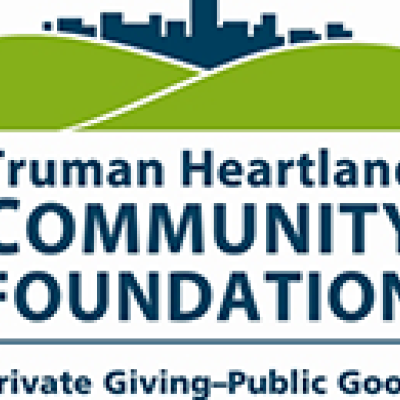
While cash and checks may be widespread and straightforward ways to give to charities, long-term appreciated assets—including stocks, bonds, or mutual funds—could offer more significant tax benefits. Cash makes up only 7 percent of total wealth in the United States, yet 85 percent of charitable donations are in cash. Stocks, real estate, farm equipment, and other non-cash assets may hold significant potential value for charitable impact.
Donating non-cash assets may provide multiple benefits while allowing you to support the causes you care about more significantly. Figuring out how to donate non-cash assets can be challenging. Nonprofits often can’t accept assets in their original form. And let’s face it, donors don’t always have the time or expertise to change their assets into easy-to-donate cash. This is where your local Community Foundation can help. Our expertise in complex assets makes us an ideal partner in this kind of philanthropy.
For instance, contributing appreciated securities held for more than one year can unlock additional funds for charity in two ways. First, by donating stock that has appreciated for more than a year, you are actually giving up to 20 percent more than if you sold the stock and then made a cash donation. The reason is simple: you get to avoid capital gains tax, which may increase the amount available for charity by up to 20 percent. Second, you can claim the fair market value for your charitable deduction if you itemize on your taxes and then have to opportunity to pass on your savings in the form of more charitable giving.
Although cash is still king in charitable giving, remember that you can do more good when you partner with your Community Foundation to donate non-cash assets. It’s a tax-wise way to increase your philanthropy.





